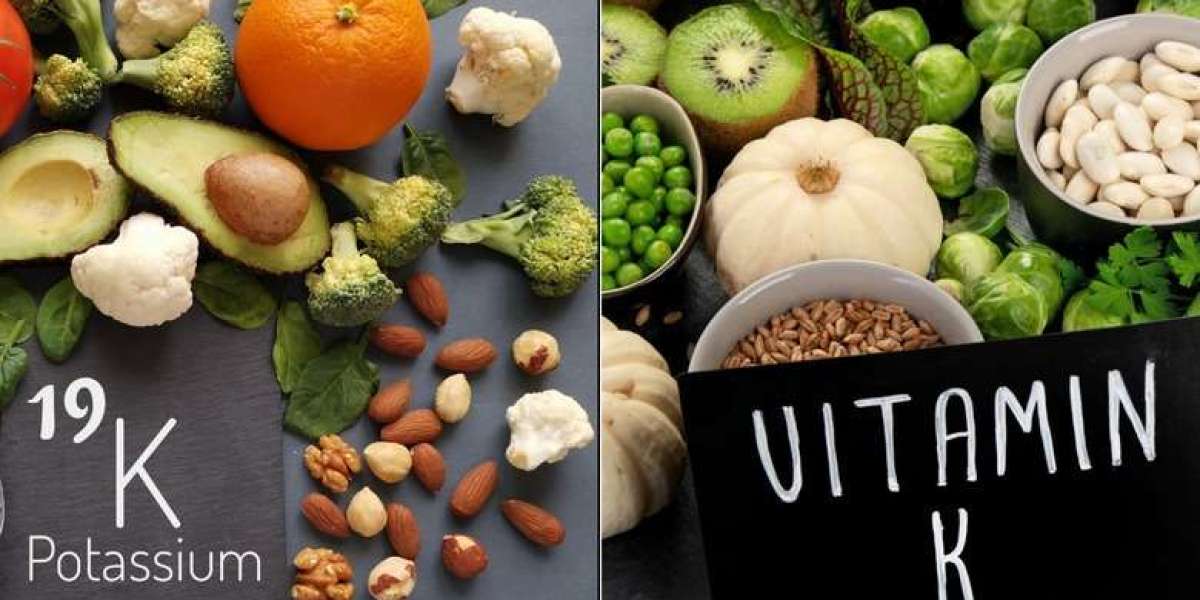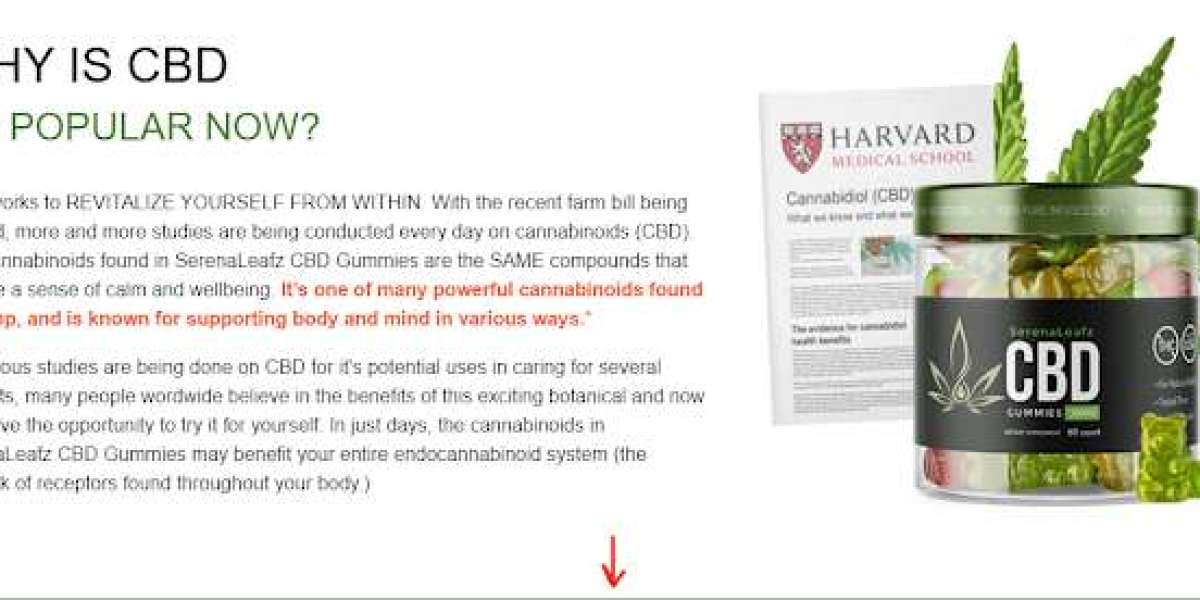Vitamin K vs Potassium are two essential nutrients, but they serve different purposes in the body and are found in different types of foods. Let's explore the distinctions between these two important substances and how to include them in your diet.

What Is Potassium?
Potassium is a mineral that plays a crucial role in maintaining proper bodily functions. It helps regulate your heartbeat, muscle contractions, and nerve signals. Potassium also helps to balance fluids in your body and plays a role in blood pressure regulation.
Sources of Potassium:
Potassium-Rich Fruits: Include bananas, oranges, and avocados in your diet to boost your potassium intake.
Potassium-Rich Vegetables: Spinach, sweet potatoes, and tomatoes are great vegetable sources of potassium.
Potassium-Rich Beans: Beans such as kidney beans and black beans are rich in potassium.
Other Potassium-Rich Foods: Potatoes, fish (like salmon and tuna), and yogurt are also good sources of potassium.
How To Incorporate More Potassium Into Your Diet:
Ensure you consume a variety of potassium-rich foods to maintain healthy potassium levels. This can help lower your risk of high blood pressure and maintain overall good health.
What Is Vitamin K?
Vitamin K is a fat-soluble vitamin that primarily plays a role in blood clotting and bone health. There are two main forms of vitamin K: vitamin K1 (found in leafy greens) and vitamin K2 (found in animal products and fermented foods). It is essential for the production of proteins necessary for blood coagulation and bone mineralization.
Sources of Vitamin K:
Fruits High In Vitamin K: Blueberries and grapes contain vitamin K, but it's not as abundant compared to other sources.
Vegetables High In Vitamin K: Leafy greens such as kale, spinach, and broccoli are excellent sources of vitamin K1.
Dairy Products High in Vitamin K: Some dairy products like cheese and yogurt contain vitamin K2.
How To Incorporate More Vitamin K Into Your Diet:
To maintain sufficient vitamin K levels, focus on consuming a variety of leafy greens and vegetables rich in vitamin K1. If you include dairy in your diet, consider options that contain vitamin K2 for additional benefits to bone health.
Healthy Eating Habits:
Incorporating a balanced diet that includes both potassium-rich foods and vitamin K sources is essential for overall health. Make sure to maintain a well-rounded approach to nutrition.
Snack Like You Mean It:
Choose snacks that align with your nutritional goals and opt for healthier options like fruits, nuts, or yogurt.
Outstanding Puffs Snacks:
Seek out snacks that are low in sodium and high in potassium if you're looking for a potassium boost.
Summary
In summary, while both potassium and vitamin K are essential for your well-being, they are distinct nutrients with unique roles and origins. Ensuring a diverse intake of potassium-rich foods and vitamin K sources is crucial for overall health and the proper functioning of your body.
For more information and valuable insights, you can visit Biosculpture.ie, a trusted source for health and wellness guidance.
>> See more related articles:
1. Basmati Vs Jasmine Rice: Exploring Unique Flavors & Recipes








